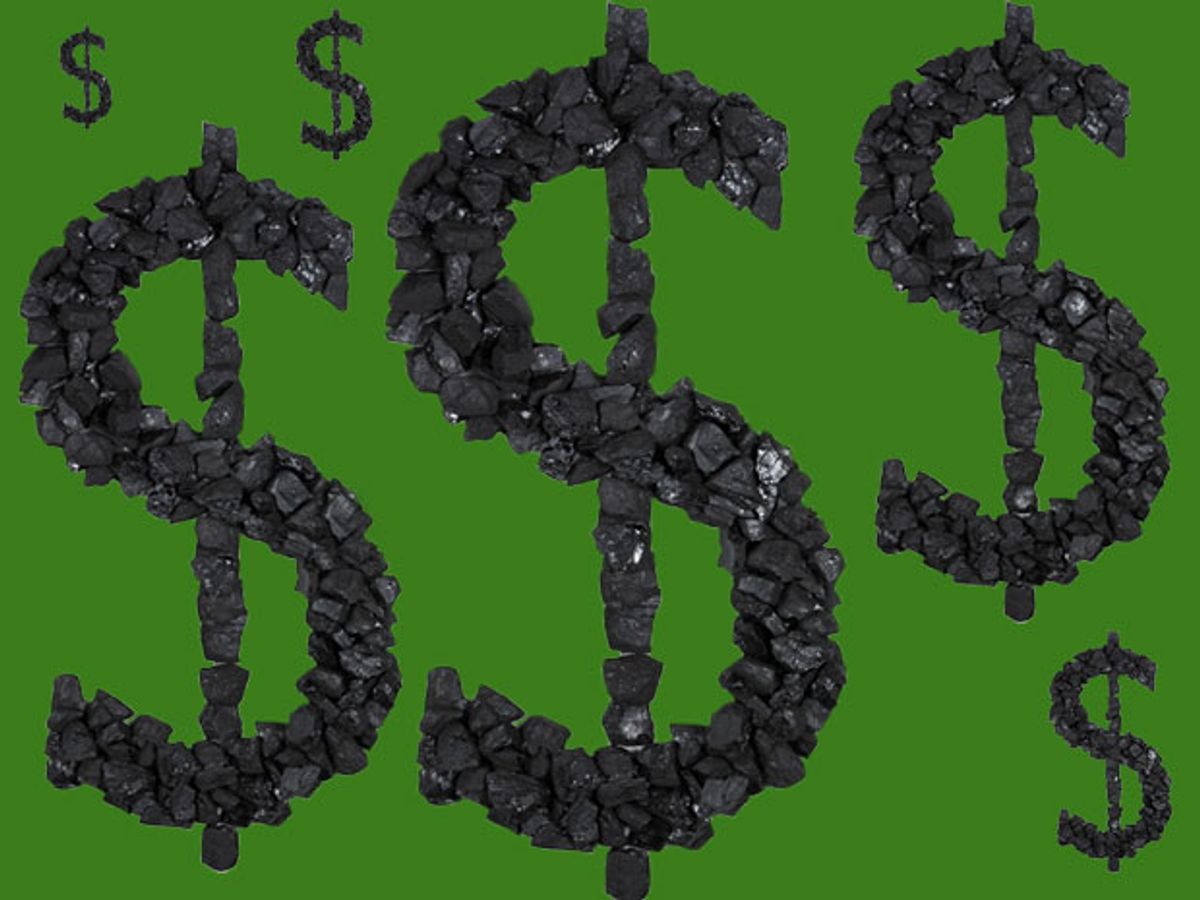Harvard economist N. Gregory Mankiw, an adviser to former President George W. Bush, made an eloquent case for enactment of a national carbon fee in the Sunday issue of the New York Times. Democrats in the House of Representatives, led by Henry Waxman of California, have made the same proposal. Does the conjunction of a highly respected Republican intellectual and Democratic legislators suggest that gridlock is about to be broken on the immensely controversial subject of carbon taxation? Not a chance.
This is not because the case for setting a carbon fee is weak on its merits, or because the case against administrative regulation of carbon is so strong. If energy prices properly and uniformly reflected the social cost of emitting carbon dioxide, as Mankiw spells it out, you might respond with a number of money-saving actions that include: buying a smaller, more fuel-efficient car, swapping your traditional car for one with new technology, car pooling to work using public transportation, moving closer to your job, buying a smaller house that requires less energy to heat and cool, adjusting the thermostat to keep it cooler in winter and warmer in summer, putting solar panels on your roof, buying more energy-efficient home appliances, eating more locally produced foods, and so on. Having enumerated the many merits of a fee and decried the manner in which the U.S. government has tried to change consumers' behavior, Mankiw zeroes in on U.S. automotive fuel-efficiency rules (the CAFE standards) as an example of regulation gone awry. Quoting former GM executive Robert M. Lutz, Mankiw describes the whole idea of requiring automakers to sell more fuel-efficient cars as a bureaucratic nightmare. "CAFE is like trying to cure obesity by requiring clothing manufacturers to make smaller sizes," Lutz has said.
Had he been given more space in the Times, Mankiw would not have had any trouble citing multiple other examples of alleged excesses of the regulatory model: the tangled procedures states have adopted to implement renewable energy portfolio standards, typically involving clean energy credits with "carve outs" for specially favored types of generation; or the tightening clean-air rules that have prompted Republicans to accuse Democrats of conducting a "war on coal."
A news report in today's Wall Street Journal describes a small tempest raging over a newly issued Department of Energy standard related to the efficiency of microwave ovens. Energy Secretary Moniz boasted about the standard last week in a presentation about President Obama's climate action plan. What's at issue is the estimated social cost of carbon emissions. The DOE set the cost at $36 per ton ($39.6 per tonne) in justifying the microwave standard, up from $21 per ton ($23.1 per tonne) in 2010. The Journal spells out the pros and cons of the estimated $36 carbon cost, but obviously there's no "right answer" to the question of where a perfect market would price greenhouse gas emissions.
Mankiw suggests that a carbon fee might be enacted roughly as Waxman et al. have suggested "if the Democratic sponsors conceded to using the new revenue to reduce personal corporate tax rates." Dream on. Tea-Party Republicans will not agree to introduction of a new tax, whatever it is called, unless possibly there were a net reduction in total taxation; Democrats from the states that would be hardest hit by a carbon fee will not agree to the fee unless the tax code provides their constituents with a net offset. The gridlock will not be broken unless next year's midterm elections improve the president's position, contrary to the usual pattern, and the president's negotiators return from Paris at the end of 2015 with a global climate agreement that Americans like a lot better than the Kyoto Protocol.



